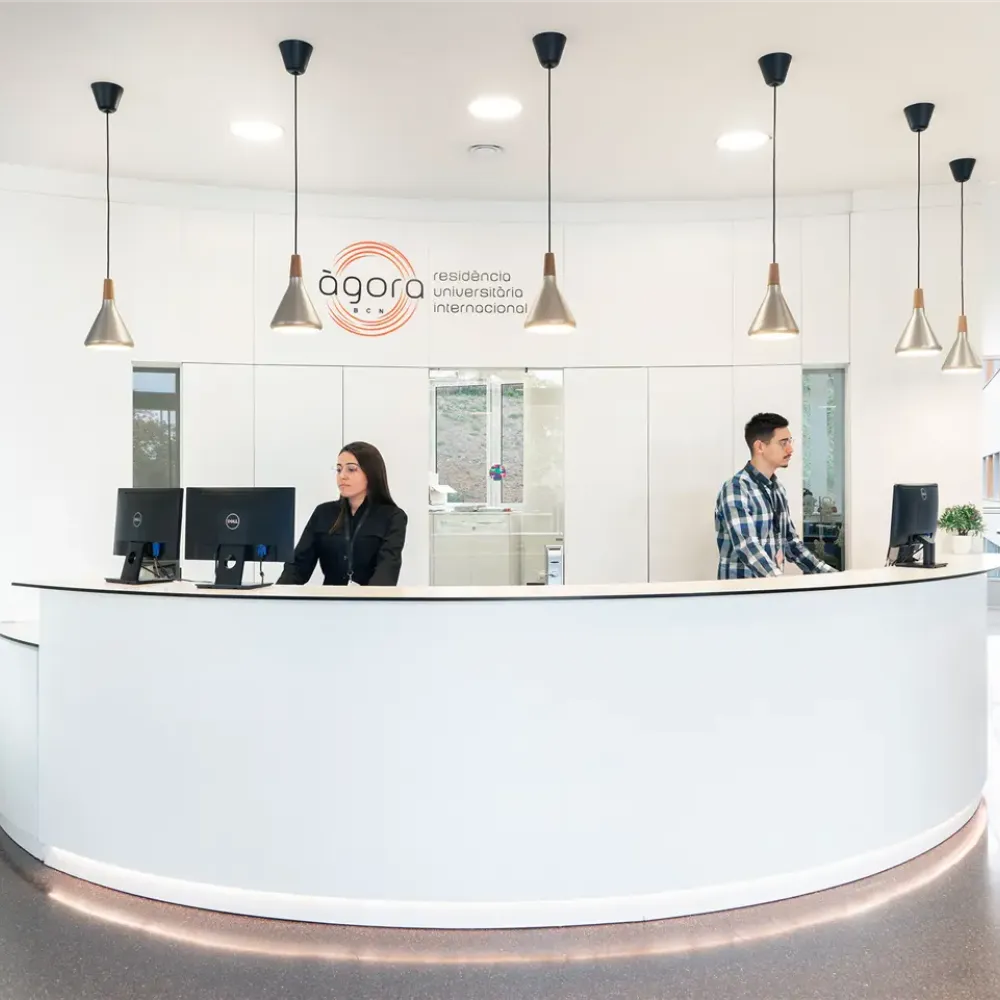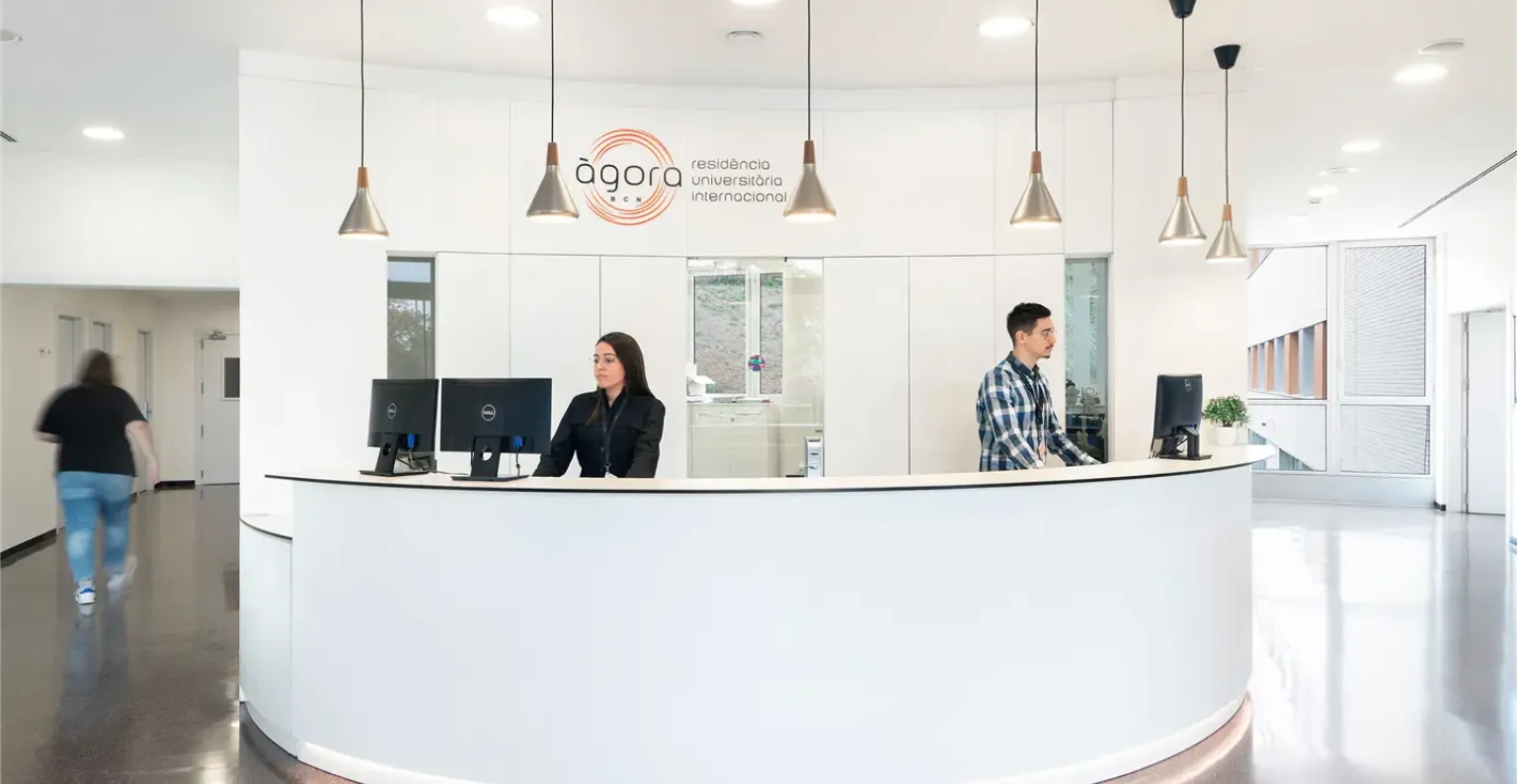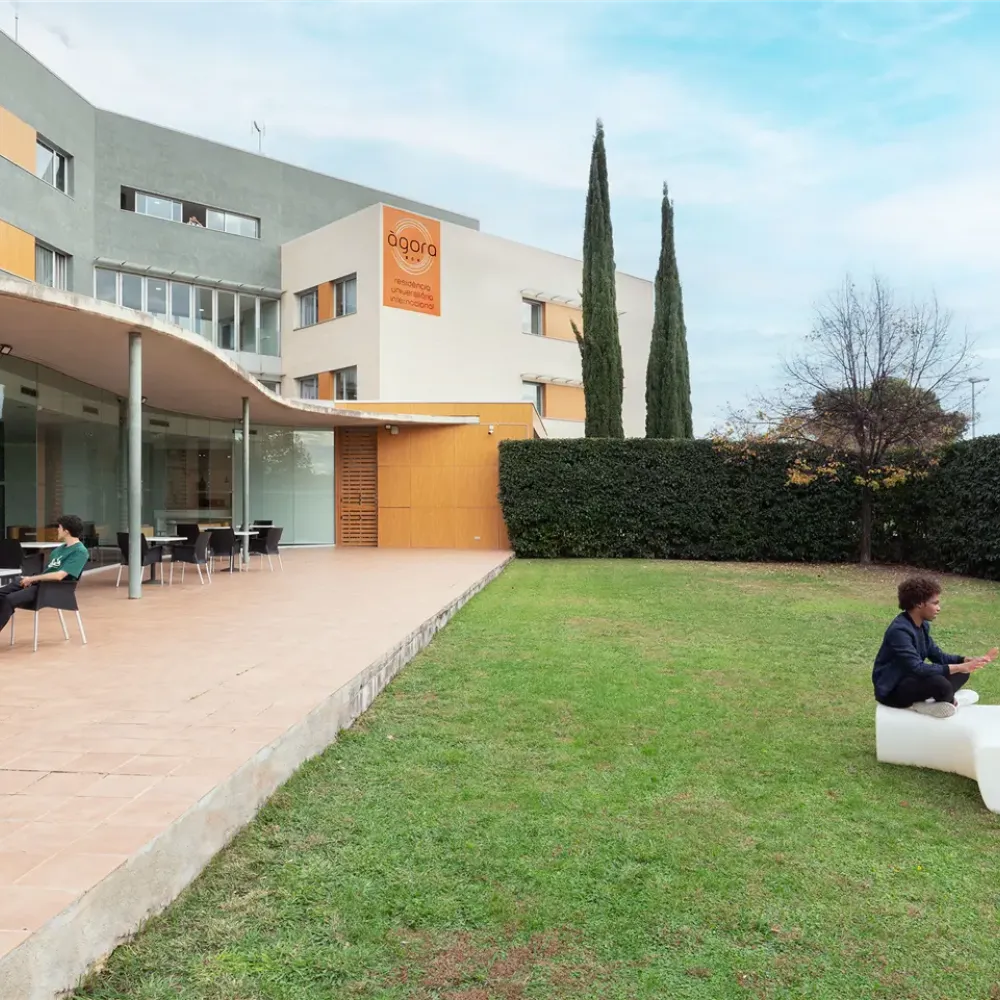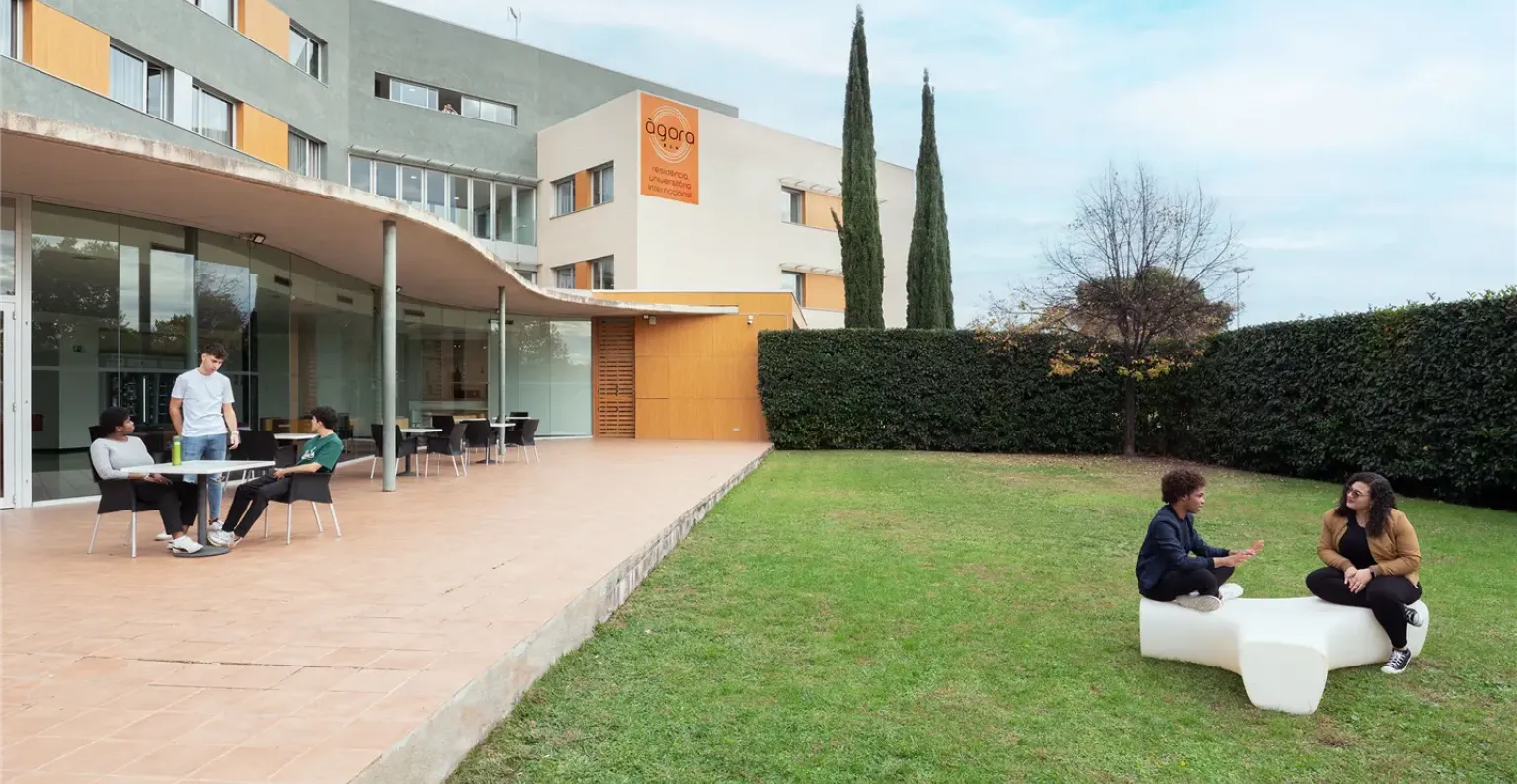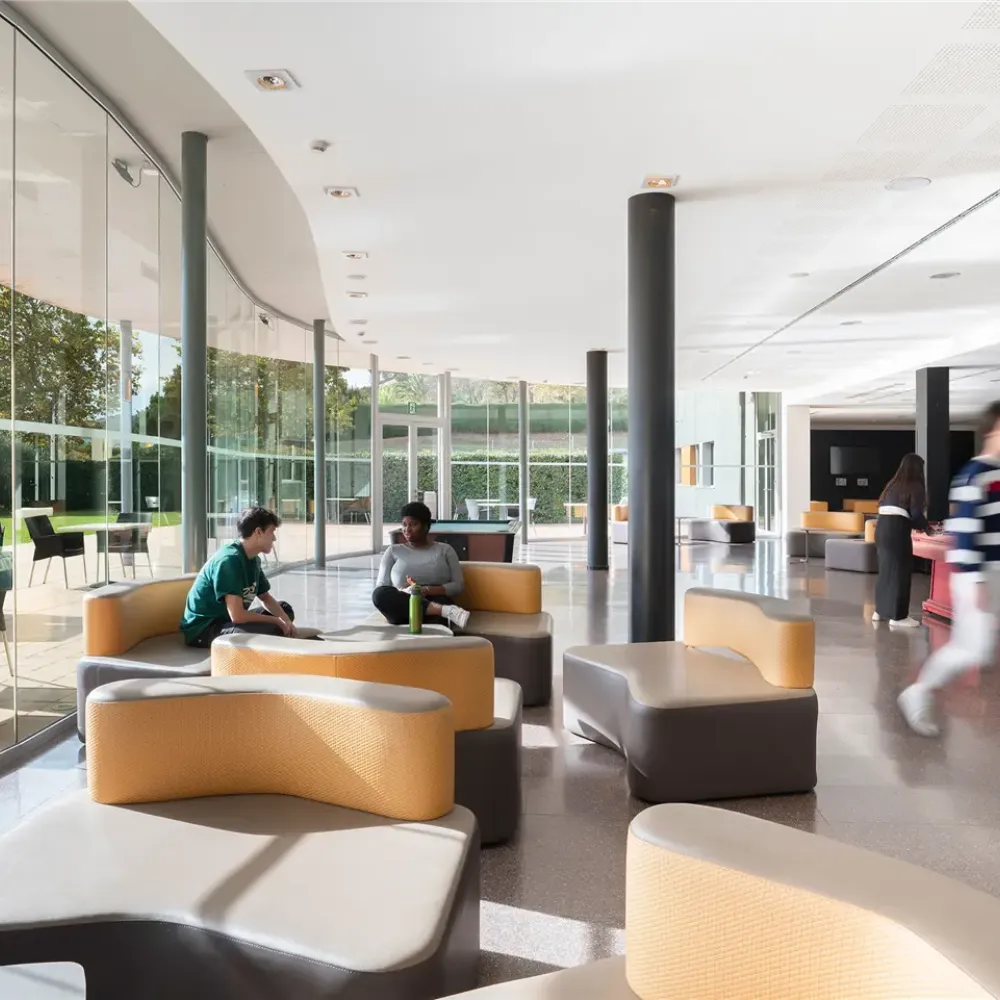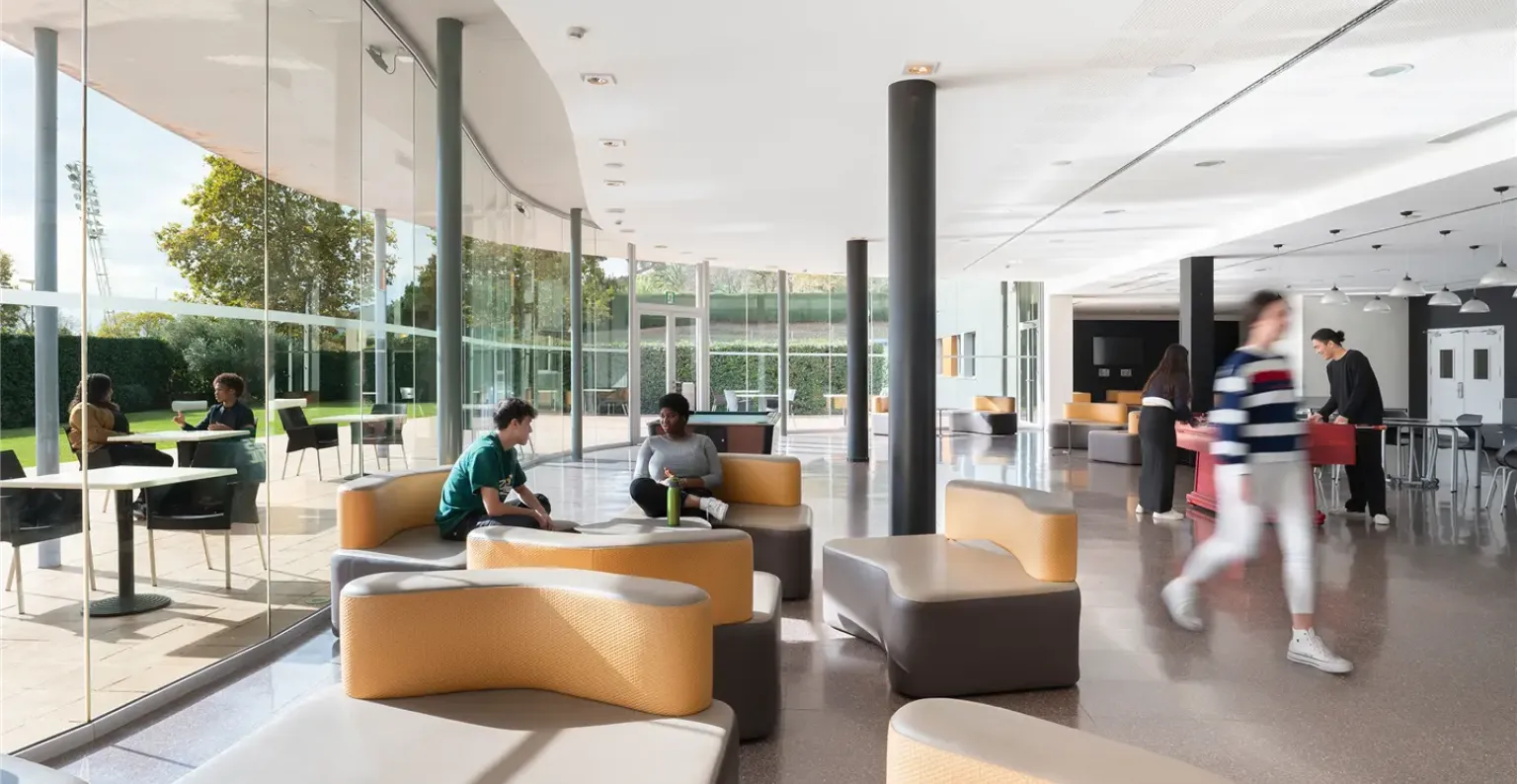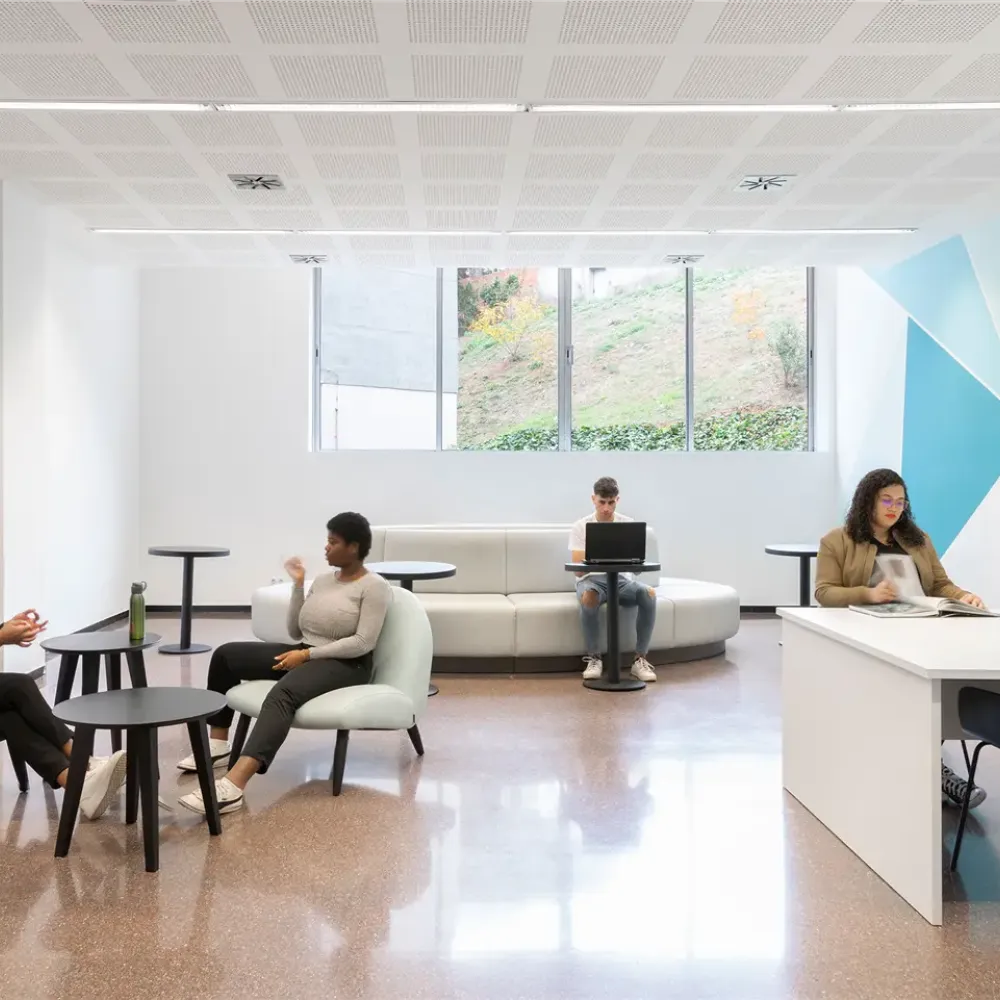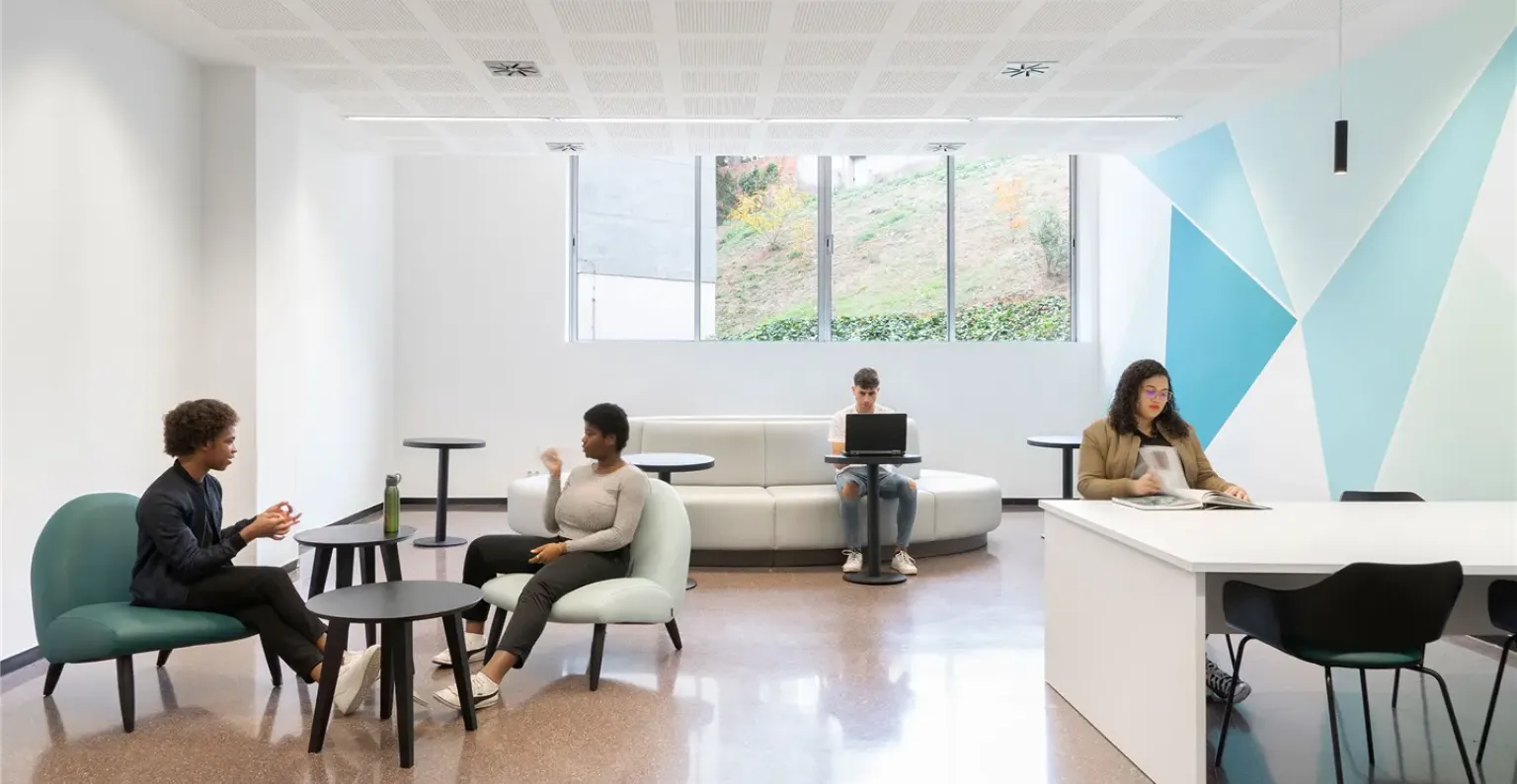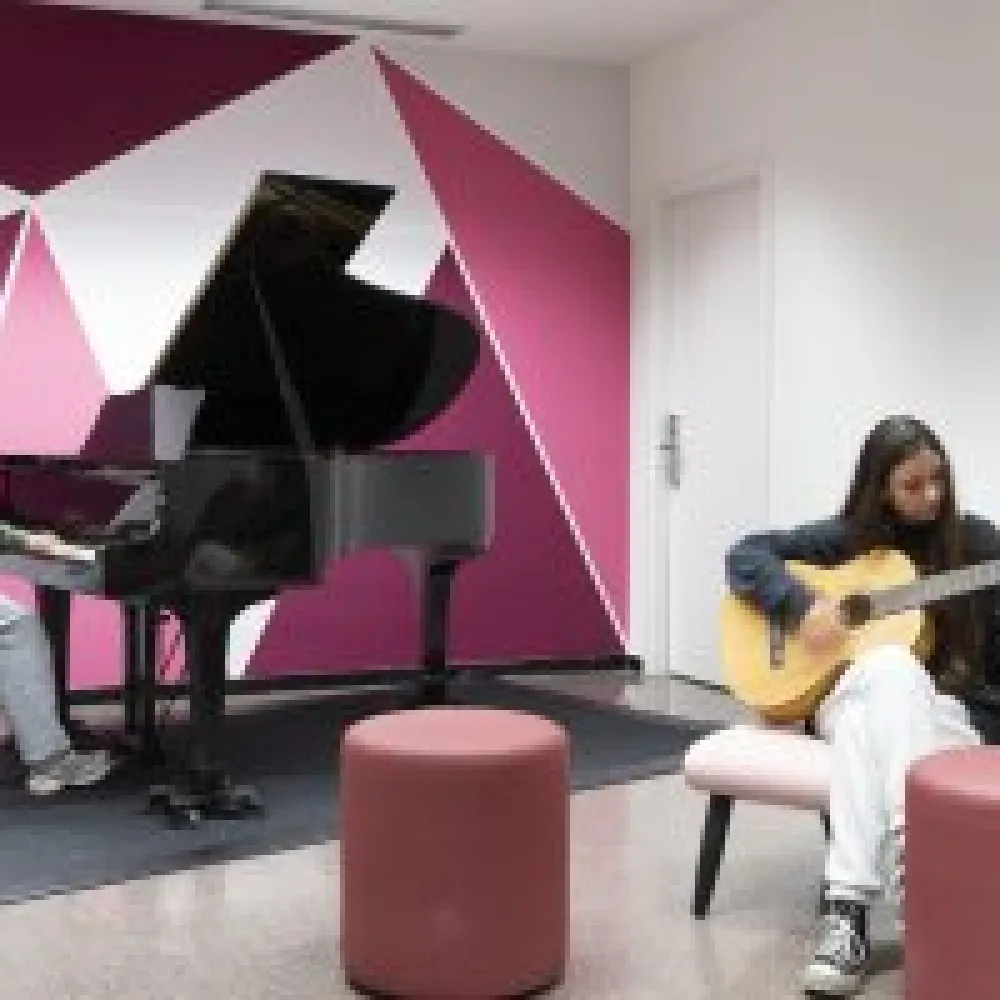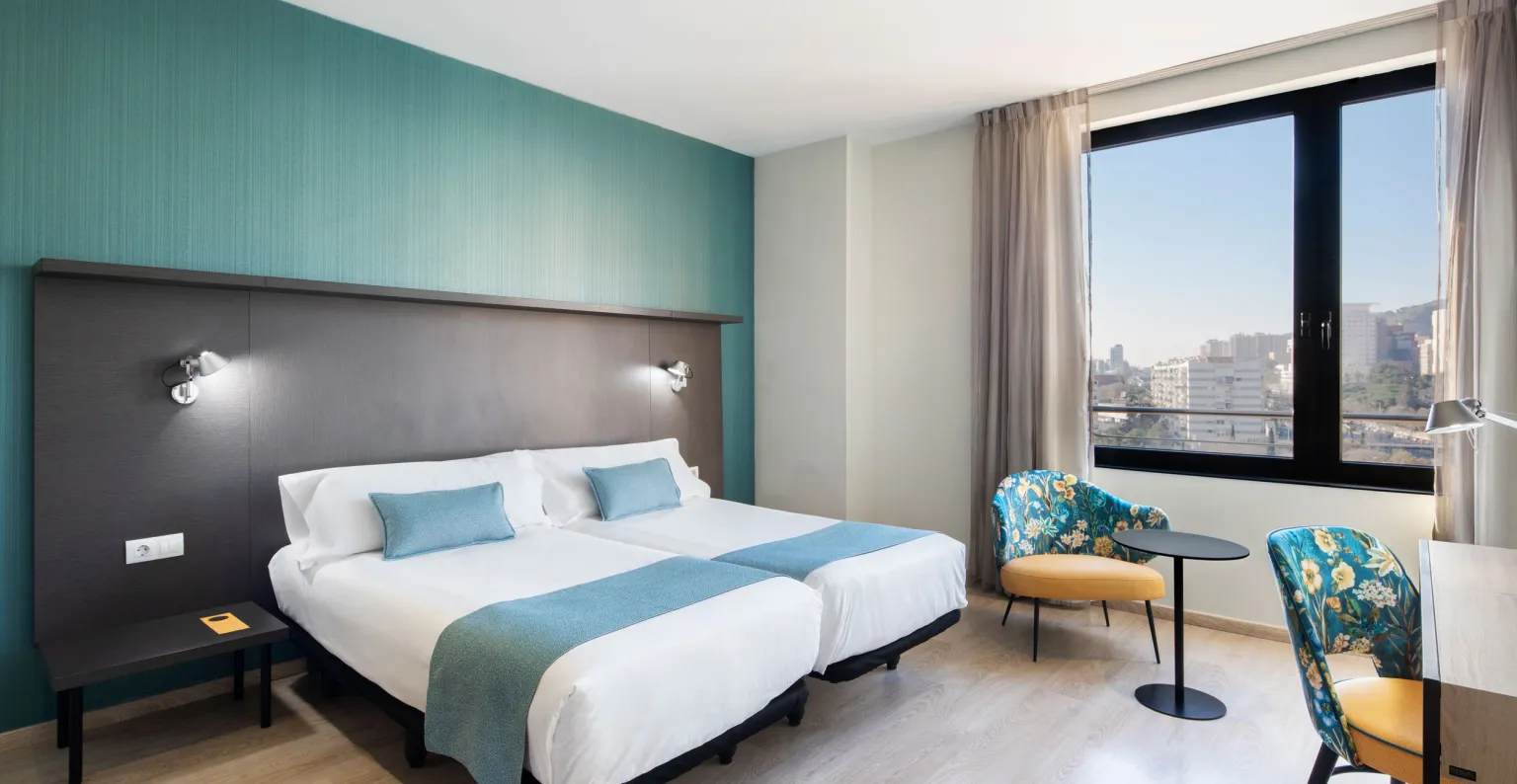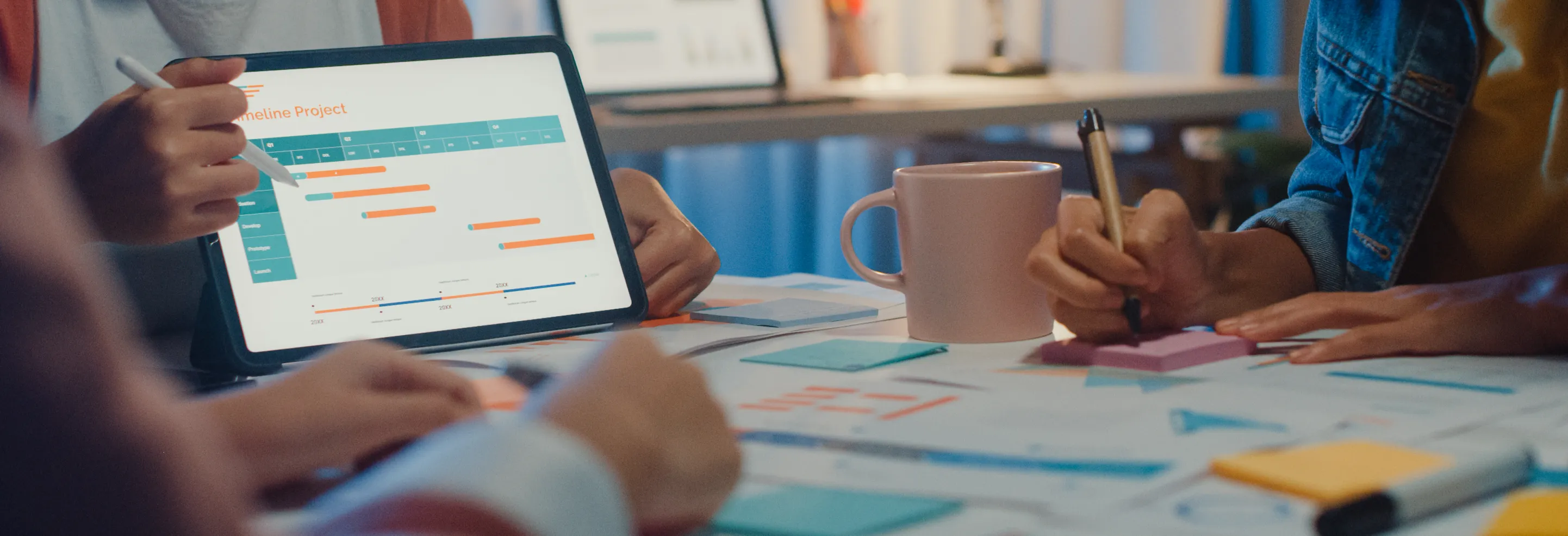
Development of Professional Skills & Competencies
-
Duration3 or 4 weeks
-
Credits4/10
-
Start dateJuly 6, 2026
-
ModalityOn-campus
-
LanguagesSpanishEnglish
What is the program about?
CETT-UB offers short-term programs during January (Winter School) and July (Summer School). These programs are developed in the fields of Business, Tourism, and Hospitality, as well as General Culture, Sociology, and Gastronomy, prioritizing current and relevant topics.
All programs include company visits, excursions, and additional training activities. They are taught in English or Spanish and are designed for international and local students, as well as young professionals and faculty members.
What does this program offer?
There are two duration options: 3 or 4 weeks. In the 4-week program, in addition to attending classes, students must develop a Final Project. At the end of the program, participants receive an official transcript reflecting the enrolled courses, ECTS credits, contact hours, and final grades. ECTS credits are awarded upon successful completion of the program.
The program focuses on key concepts for continuous and successful professional development, such as efficient communication styles, negotiation techniques, teamwork, leadership skills, stress management, rational organization, creativity, and innovation.
The main goal of the program is to equip participants with essential tools and strategies to compete in the professional landscape of the 21st century.
Fields of Study: Business, Management, Leadership, Marketing, and Human Resources.
Objectives
- Identify the role of a leader in an organization.
- Get to know advantages and disadvantages of different leadership styles.
- Practice and choose the most appropriate leadership style.
- Acquire practical skills in delegation.
- Improve the teamwork skills and learn how collaboration can be optimized.
- Learn the basics of a successful communication process.
- Get acquainted with various communication styles.
- Understand the importance of all types of communication, including non-verbal.
- Learn techniques which ensure effective communication, such as attentive listening, question-making, giving appropriate feedback.
- Practice different negotiation styles.
- Learn to identify and prevent common barriers to communication.
- Provide an insight into essential cultural differences concerning the communication, behavior and work styles.
- Develop intercultural communication skills.
- Acquire various strategies for effective working in a multi-cultural environment.
- Learn how to identify correctly one’s emotions and feelings.
- Understand and interpret the feelings and emotions of others in a correct way.
- Acquire strategies for controlling impulsive emotions and preventing conflict together with other negative emotions.
- Improve self-management and interpersonal relationships.
- Learn to identify the reasons provoking stressful situations and atmospheres.
- Learn how to gain control over the feeling of stress.
- Study different ways and acquire practical skills of managing stress.
- Encourage the participants not to be afraid of changes, by conceptualizing it.
Modalities and general structure
| 3 Week Modality | 4 Week Modality |
| +FINAL PROJECT | |
| 75 hours of instruction | 90 hours of instruction |
| Academic: from July 6 to July 23, 2026 | Academic: from July 6 to July 30, 2026 |
| With accommodation: from July 5 to July 24, 2026 | With accommodation: from July 5 to July 31, 2026 |
Leadership, communication and negotiation: The ABCs of personal and professional development
Leadership and Teamwork
- Leadership, motivation, and performance.
- Strategies, techniques, and tools for personal development.
- How we relate to ourselves: self-discovery, self-control, self-motivation.
- The importance of teamwork: roles and situations.
- Keys to high-performance teams
Successful Communication and Negotiation
- Efficient communication: the importance of verbal and non-verbal communication.
- New communication technology and its management.
- Communication tools for interpersonal relationships, the capacity of influence, socialization.
- Negotiation and its steps.
- Strategies, techniques, and negotiation tools.
- Common barriers for successful communication.
Personal awareness and the ability of adaptation: keys to integration in a professional context
Intercultural Awarness
- Key competences for cross-cultural communication.
- The danger of overusing stereotypes.
- Doing business in a multicultural environment.
- Strategies to work effectively in a multicultural environment.
Stress prevention and conflict management
- Stress monitoring: reasons, symptoms and ways of preventing.
- The basics of mentoring at work place.
- Changes at work – positive, productive and inevitable.
- Management of Change and Adaptability: conceptualizing the change and finding ways of adaptation.
- Key aspects to improve planning and organization.
- Tools and skills to facilitate time management.
- Factors that impact stress, prevention techniques.
Emotional Intelligence
- What are the emotions: are they good or bad?
- Emotional Intelligence: definition and significance.
- Social competencies: empathy, communication, assertiveness.
- Affective competencies: how to manage emotions, emotional awareness and understanding.
- Tools and techniques for developing emotional intelligence: Self Awareness, Self Management, Social Awareness, Relationship Management.
- Workshop on controlling emotions.
Methodology and evaluation system
-
Methodology
The learning methodology applied in this course consists of several key elements that allow achieving the above mentioned objectives simultaneously. The methodology is defined as follows:
1.In-class lectures that transfer basic and specific knowledge. Class participation is crucial in order for students to acquire the necessary knowledge and skills targeted in the program.
2.Case Studies reflect the content so as to help the student put into practice the theoretic contents.
3.Complementary activities such as visits that support the students in further understanding and implementing the contents provided by the program.
In case of four week modality program: During an optional extra week students will have to develop a Final Project working in small groups where their skills of self-management, responsibility, leadership and teamwork will be reinforced and practical knowledge gained through in depth, methodical study of the chosen topic. During this process students will be guided by tutors and will have to present and defend the project on the last day of the course.
-
Evaluation system
The evaluation of the program will be conducted by reviewing the students’ work and participation during the program. The participants are evaluated on a daily basis during the lectures and through the practical cases to be developed and defended. Attendance to all lectures and professional activities is mandatory.
In case of 3 week modality program:
The continued evaluation stands for 60% while the final test evaluation for 40% of the general mark of the program.
3-WEEK MODALITY % Continued Evaluation 60% Final Exam 40% In case of 4 week modality program:
The continued evaluation will stand for 40%, the final test evaluation for 20% and the mark for the Final Project for 40% of the general mark of the program.
4-WEEK MODALITY % Continued Evaluation 40% Final Exam 20% Final Project 40%
Admission profile
- Undergraduate Students, Graduate Students or Young Professionals
- Language Skills: Level of Spanish - Intermediate (B1-B2)
Tuition and Fees and modality
| 3-week Modality | 4-week Modality | ||
| TUITION FEE (LODGING NOT INCLUDED) | 2.319 € | TUITION FEE (LODGING NOT INCLUDED) | 2.953 € |
| TUITION FEE + LODGING WITH FULL-BOARD | 3.596 € | TUITION FEE + LODGING WITH FULL-BOARD | 4.595 € |
Housing
- Student Residence Hall: Àgora BCN International University Residence Hall
- Location: 7 min walk from CETT and metro station
